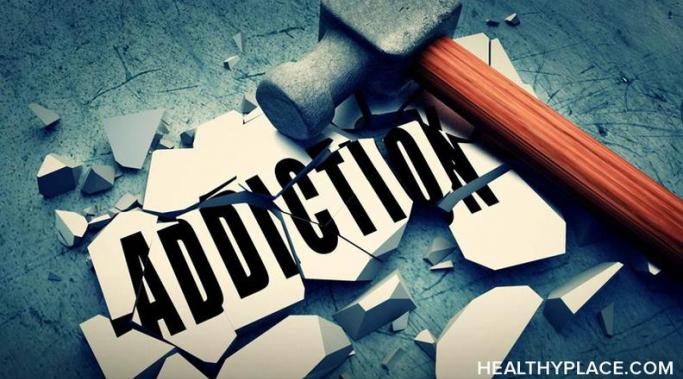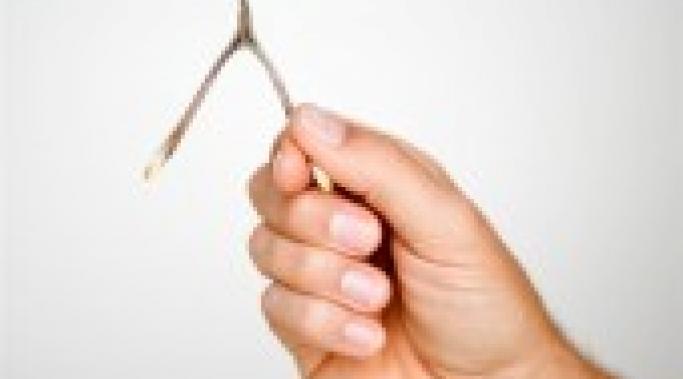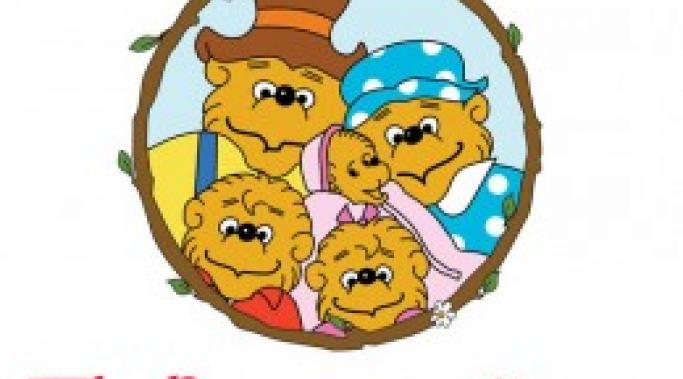Blogs
This two-part series will explore the inner world of author and mental health advocate,Juliann Garey. Through a series of questions and answers, Garey will shed light on the plight of those with mental health challenges in terms of stigma, medications, mania, depression, mixed states and the creative process.
It was four weeks after my first child was born when I experienced my first intrusive thought. In fact, the thought itself – a vision of myself placing my hand over his mouth – wasn’t unusual, as disturbing as it was. My reaction, however, was.
Admitting I had a problem was my first step to bulimia recovery. With time, wisdom, and experience, I’ve come to terms with my diagnosis and accepted that bulimia did not define me. My acceptance of the diagnosis was a starting point, a breath of fresh air, much like walking out of a room in college when you decide this party’s over, I’m heading home. As uncomfortable as that experience was, being diagnosed, for me, felt like coming home.
We are, on a whole, a society of addicts. Have you ever seen the AT&T commercial with the little kids and the girl states, “We just want more!”? This is the battle cry for our addiction-consumed society. Whether it is drugs in the form of alcohol or cocaine or in such behaviors like overeating, gambling, pornography or shopping, we just can’t seem to get enough.
Feelings of grief are often connected to the diagnosis of mental illness. When first diagnosed, it can feel as if a part of you, of your life, has died. This blog will explore the definition of grief, its connection to our mental health, and ways in which we can utilize it in a positive fashion (yes, positive!) to help us on our journey to mental health stability.
Contrary to the popular saying, you don't have to be careful what you wish for. Wishes are dreams, and it's nice to dream. However, do be careful about what you expect. Unrealistic expectations can be the root of unhappiness with the reality of your life.
My son, Ben, who lives with paranoid schizophrenia, used to seem lost to us almost completely...maybe 20% of him was occasionally glimpsed by us behind his symptoms. Now, with treatment for schizophrenia, he is back with us - about 65-75%. Depends on the day. But I'll take it.
A reader recently asked me a really great question: how do I know my adult ADHD medication is working? I love this question! I'm going to take it in two parts. First, how I knew that ADHD medication was right for me and, second, what it feels like every day. This could be very different for other people, of course, but this is how medication makes me feel.
Ours is an age of scientific marvels where the distant fantasies of yesterday have been productized, packaged, and delivered to customers remotely before they even realized they wanted them. It leaves one breathless.
Science, traditionally a discipline devoted almost exclusively to the enterprise of capturing insects, applying Latin names, then cutting them in sections, continues its ascent. Today, as society’s moral center erodes and the values traditionally associated with organized religion crumble, we observe that science has supplanted religion as the new sociological belief system – ironic, really, since there are no beliefs in science as such – only facts, or so the guys in lab coats remind us.
Whether or not science, as an entity, actually reflects values, it is certain that society has put its faith squarely in science, relying on it to cure social ills and flatten barriers to the orgy of self-indulgence that characterizes contemporary life. And why not? Wasn’t it science that put men on the moon? Wasn’t it science that split the atom and teased open the mysteries of nature when nature wasn’t looking? Of course it was.
A reader recently contacted me and asked me about psychomotor agitation. Psychomotor agitation is actually a symptom of bipolar hypomania and bipolar mania (and depression) and yet few people know what this means. In fact, according to this study, it is poorly defined and measured even within the medical community. Psychomotor agitation is often translated into “restlessness,” which doesn’t seem overly descriptive to me.
So here’s my take on psychomotor agitation: how it feels and what we know about it.
First, I need to state that the title of this blog might be a little bit misleading for the following reason: Is there a definition of normal? Well, I don't think so, but what I do know is that in our society normal means something.
What Does Society Deem as Normal Behavior?








![MP900387479[1]](/sites/default/files/styles/blog_listing/public/uploads/2013/05/MP9003874791.jpg?itok=H3noVYZU)
